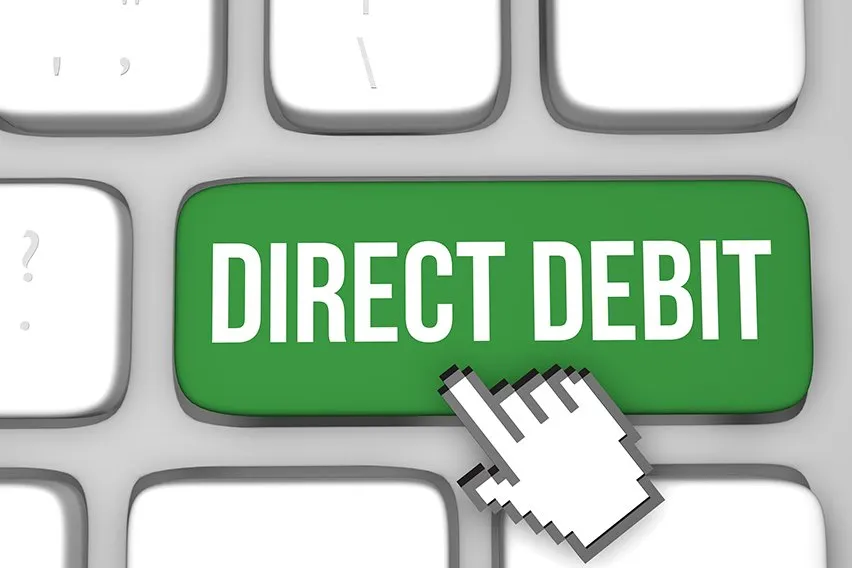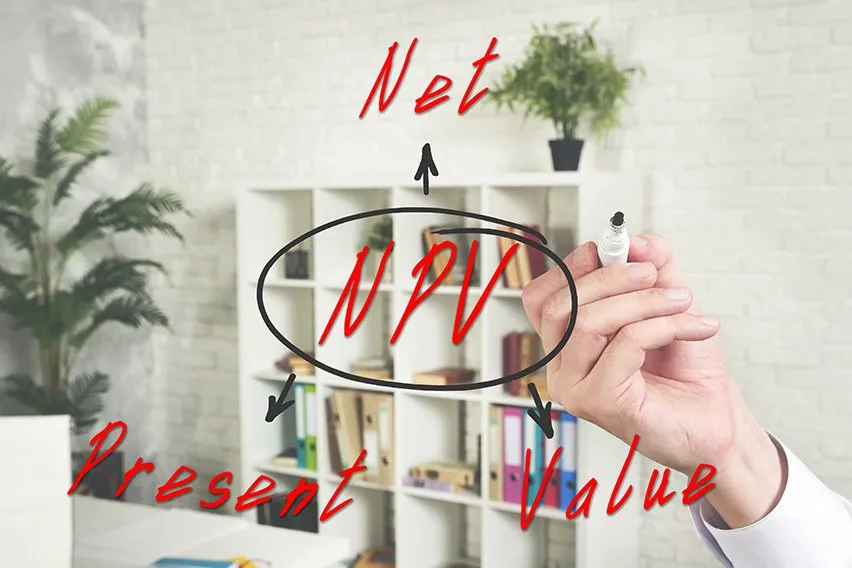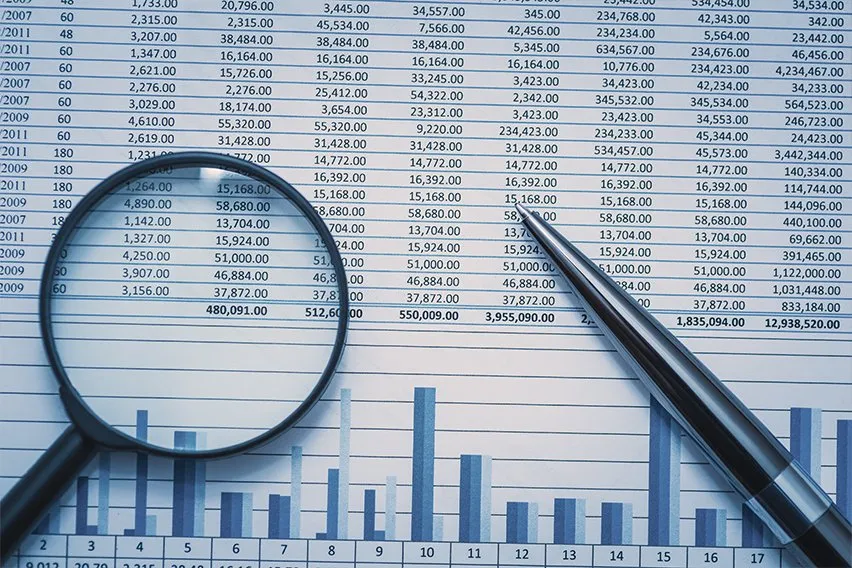What Is A Cash Advance?

A cash advance is a short-term, expensive loan designed to cover emergency situations.
The best thing about a cash advance is quick access to the money. But the worst thing is the cost – the interest rates are extortionate and there’s a cash advance fee to pay.
There are different types of cash advance that you may find useful as a quick way to get you out of a financial hole. As with any kind of debt, you need to carefully consider if this really is the best option to cover that unexpected expense.
Here’s What We’ll Cover:
What Are The Different Types Of Cash Advance?
What Does A Cash Advance Do To My Credit Score?
What Are The Different Types Of Cash Advance?
There are different types of cash advance in the UK, some are just for businesses. All of them have high interest rates and an additional fee to pay to the provider.

Credit Card Cash Advance
This is like buying money with your credit card. It’s the most popular way for people to get a cash advance. It means that you can get cash out of your agreed credit limit. Some credit cards let you take 20-30% of your available limit. Others actually let you take 50% and over your credit limit.
Getting the money is simple, either at a cash machine, or cashing or depositing a cheque.
It costs you more to get a credit card cash advance than it does to make usual credit card purchases.This is because the interest rate is usually higher than making regular purchases and is payable from the minute you receive the money. And there’s an extra charge to pay to your credit card issuer. The fee is either a flat rate or a percentage of the total amount borrowed.
Merchant Cash Advance
This is a way for businesses to get short-term cash without any security or fixed terms. You can get between £5,000 and £200,000 if you’re a UK business that meets the two main eligibility criteria:
- You have minimum monthly takings of £5,000 in debit and/or credit card sales
- You’ve been trading for a minimum of 6 months
You pay back a merchant cash advance as a percentage of your future debit and/or credit card sales. This makes it particularly attractive to companies with a low credit rating.
There’s more information from HMRC about who organises merchant cash advances for SMEs and what you can use it for here.
Business Cash Advance
This is very similar to the Merchant Cash Advance described above, but it’s provided by a different company. HMRC information is here.
To be eligible, you need to be a UK company that’s been trading for a minimum of 4 months and take a minimum of £2,500 per month in credit and/or debit card payments.
You can get between £2,500 and £300,000 and pay it back as a percentage of your future takings.
Payday Loan
This phrase ‘cash advance’ also refers to payday loans. They are personal loans to an individual that are for a small amount of money, usually between £100 and £1,000. As a payday lender, you make your money on these small amounts by charging huge interest rates – typically of 1000%.
The idea is that you need the money right now, but will have it on your next payday. These aren’t designed to have repayments stretched out over many months. Although some do have terms of up to 36 months. It’s important to be able to repay payday loans as quickly as possible, even if you do have 3 years of minimum payments available to you. The astonishing interest rate often at least doubles the amount you end up paying back if you don’t.
Beware Of Scammers
It’s your job to protect your financial security. Most of these cash advance payments are made electronically into your bank account. So you’ll need to give the company those bank account and sort code details. Scammers know this. And they’re also very good at putting together web pages and paperwork that look just like the real business they’re masquerading as. You think you’re applying to a real company, they steal your information and money.
Fortunately, there’s an easy way to check. The Financial Conduct Authority (FCA) has an online Financial Services Register that’s free to use. Most businesses that provide financial services in the UK have to be registered and have the correct permissions to trade. Everyone that’s fully regulated and compliant is on this list. You just need to type their details in to check you’re safe.
Another important piece of information from the FCA is: “Whilst some lenders advertise such quick loans without credit checks, the reality is in fact very different. With The Financial Conduct Authority demanding all authorised direct lenders to perform mandatory credit checks, if you see a company claiming to offer loans without a credit check, they are not being entirely honest with you.”
What Does A Cash Advance Do To My Credit Score?
Having a cash advance in itself doesn’t directly affect your credit score. But there may be negative indirect consequences.
For example, your ‘credit utilisation ratio’ is part of the overall credit score calculation. If you’re thinking ‘my what, now?’, you’re not alone. But it’s simple – it just means that amount of your available credit that you’re currently using. The lower this is, the better it is for your credit rating.
If getting a cash advance on top of the amount of credit you’ve already used takes you over 40% credit utilisation ratio, then it translates as a higher credit risk.
For example:
- Your credit card limit is £2,000
- You’ve already used £500 = 25% credit utilisation ratio
- Your get a credit card cash advance for £500 = total credit utilisation ratio of 50%
- This 50% is likely to have a bad impact on your credit score

Should I Get A Cash Advance?
In personal or business life, it seems like emergencies never arrive alone – there’s always a spate of things that lead to you needing more than the emergency cushion you’ve put by.
For example, in the same week:
- Personal: unexpected vet bill, boiler breaks down, MOT fails (always an expensive repair)
- Work: IT failure needs an expert, major piece of equipment breaks, unexpected hike in cost of main raw material.
You’ve got enough to sort out 2 of them, but the third is 1 thing too far. And it needs an immediate fix. You know you’ve got it covered with next month’s takings so you can pay it back straightaway. If there’s no alternative, like a bank overdraft, using a credit card, getting a personal loan, or extending an existing loan with a better rate, then it’s a stop-gap.
If you’re borrowing at a high interest rate and aren’t 100% sure you can get it back to them within the shortest time period – not just making the minimum payment – it’s maybe best to rethink. The cost will mount up surprisingly quickly. And getting stuck in a cycle of borrowing to pay off a short-term loan with another short-term loan is ridiculously expensive. Particularly when you consider that the amounts are comparatively small.
The loose attitude to checking clients’ ability to repay is good if you know what you’re doing – less hoops to jump through. But there’s no protection for those with less financial experience or mathematical skills at all. And we all know that debt is so much easier to get into than get out of – as an individual or business. Allow yourself thinking time and do your due diligence to stay financially safe.
RELATED ARTICLES

 What is the Direct Debit Guarantee?
What is the Direct Debit Guarantee? What Are Capital and Reserves & How to Calculate in Balance Sheet
What Are Capital and Reserves & How to Calculate in Balance Sheet Learn How to Calculate NPV (Net Present Value)
Learn How to Calculate NPV (Net Present Value) What is Forensic Accounting?
What is Forensic Accounting? What is Sharpe Ratio? An Extensive Guide
What is Sharpe Ratio? An Extensive Guide Activity-Based Costing (ABC): Definition, Example & Process
Activity-Based Costing (ABC): Definition, Example & Process